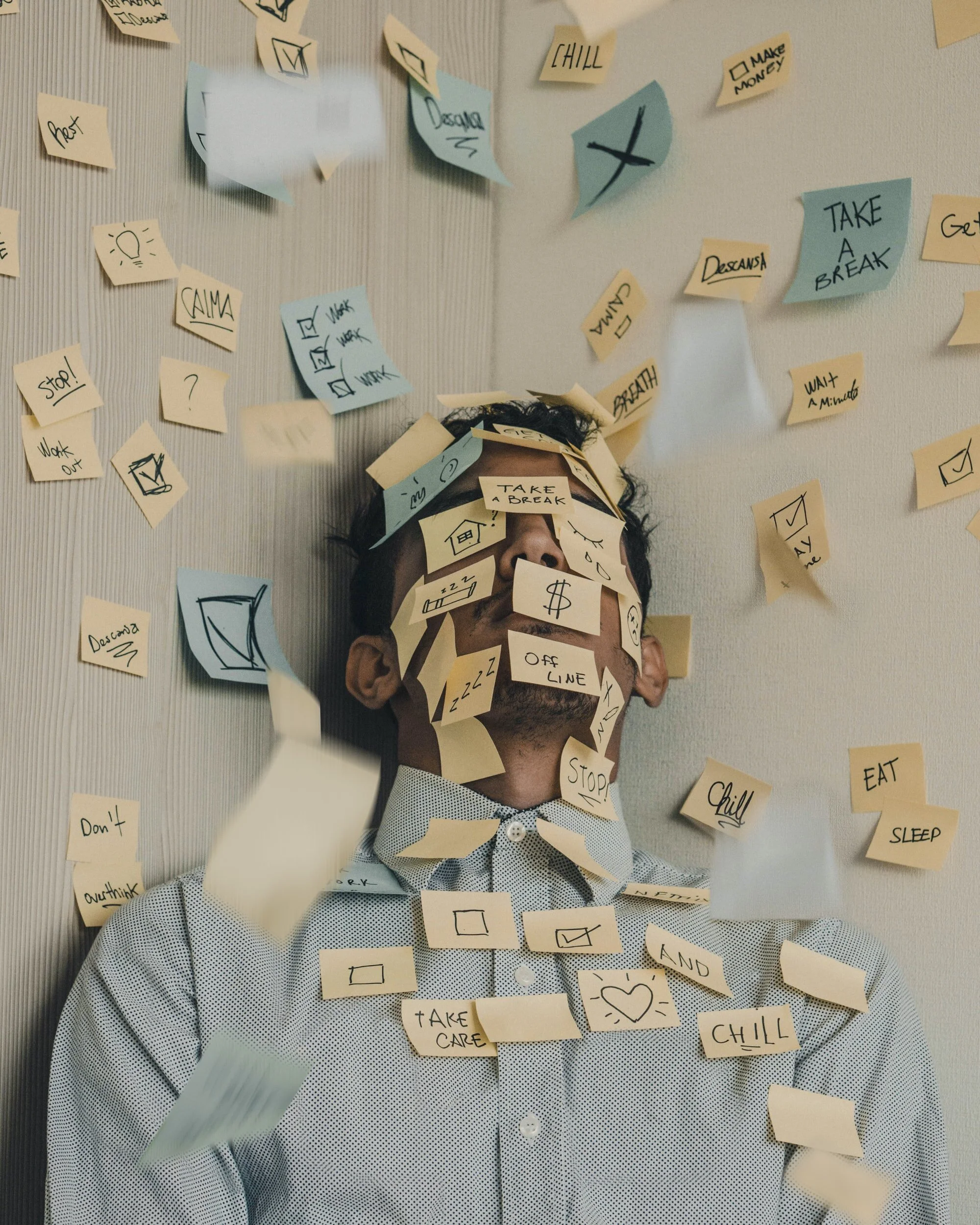The greatest weapon against stress is the ability to choose one thought over another.
- William James
A lot of therapeutic approaches - from cognitive-behavioral therapy to narrative therapy - employ the same powerful insight: our reality is created by the stories we see it through.
When we choose to see all we have, rather than all we don't have yet, we live in a different world. When we choose to see a challenge as an opportunity rather than a calamity, we take different actions.
In fact, our interpretation of any given event can change our response all the way down to the biological level! One perspective can send us straight into fight or flight - heart pounding, palms, sweating, shallow breath - while just a small reframe suddenly allow our nervous system to remain calm, grounded and open to new experience. This is, quite literally, the power of a thought.
So next time you find yourself feeling triggered by a situation, step back ask: What is the story I'm telling myself? What might be different if I chose to see it a different way?

























